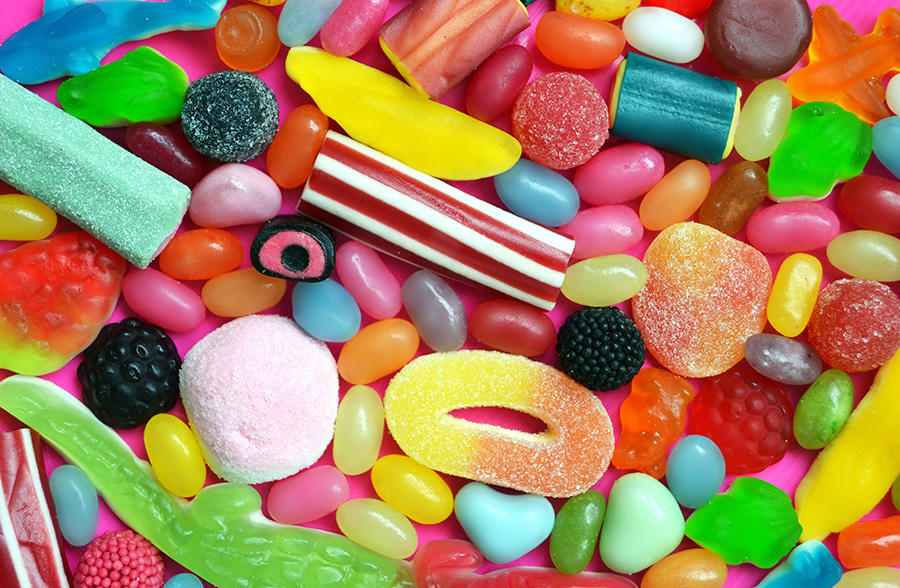Why, after decades of trying, have food and beverage companies failed to come up with an artificial sweetener that delivers the same deep satisfaction as sugar? A team of Columbia neuroscientists led by Charles Zuker, a principal investigator at the Zuckerman Mind Brain Behavior Institute, think they have found the answer. Their studies show that our perception of sweetness is based on signals our brains receive not just from the taste buds on our tongue, but also from very different, previously undiscovered sensors in our bellies. The moment sugar arrives in the stomach, the researchers discovered, a special protein there detects its presence and relays a message — via a well-known conduit between gut and brain called the vagus nerve — to a part of the brain stem that lights up with excitement.
“By recording neuronal activity in the vagus nerve, we pinpointed a cluster of cells in the nerve that respond to sugar,” says study coauthor Alexander Sisti ’10CC, ’20GSAS. “We saw, for the first time, sugar-sensing via this direct pathway from the gut to the brain.”
This second, independent pathway for announcing sugar’s presence to the brain seems to be critical. In experiments on mice, the scientists stimulated the brain region that receives the stomach’s signal and managed to fool mice into thinking they were ingesting sugar when they were actually getting a substitute. (When offered sugar-free Kool-Aid, which they would not ordinarily crave, mice slurped it up ravenously when the brain region was switched on.)
The scientists hope that the discovery will lead to the development of more-satisfying sugar substitutes. This could have profound public-health benefits, they say, since overconsumption of sugar is a leading cause of obesity-related conditions such as diabetes, which afflicts five hundred million people worldwide.
“When we drink diet soda or use sweetener in coffee, it may taste similar, but our brains can tell the difference,” says co-first author Hwei-Ee Tan ’20GSAS. “The discovery of this specialized gut-brain circuit that responds to sugar — and sugar alone — could pave the way for sweeteners that don’t just trick our tongue but also our brain.”



